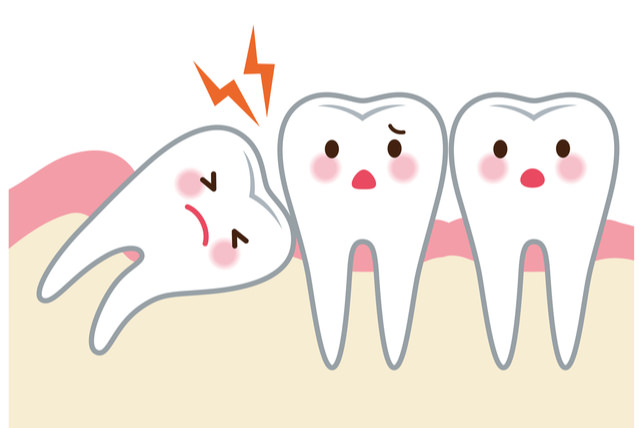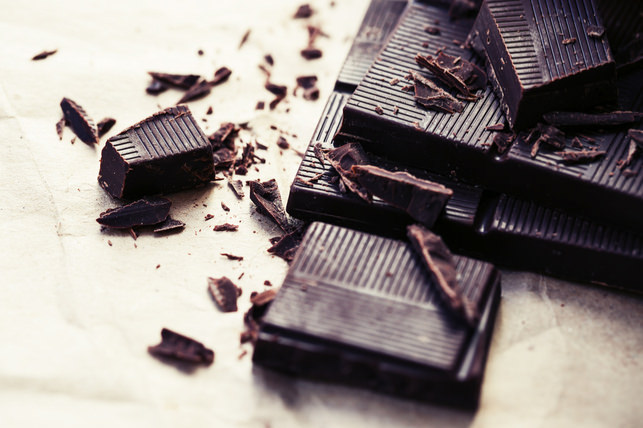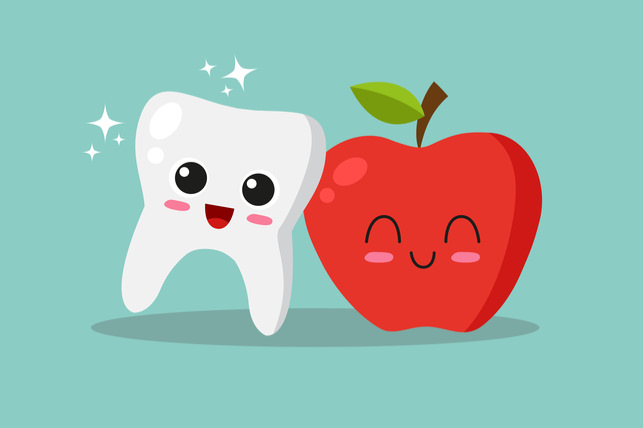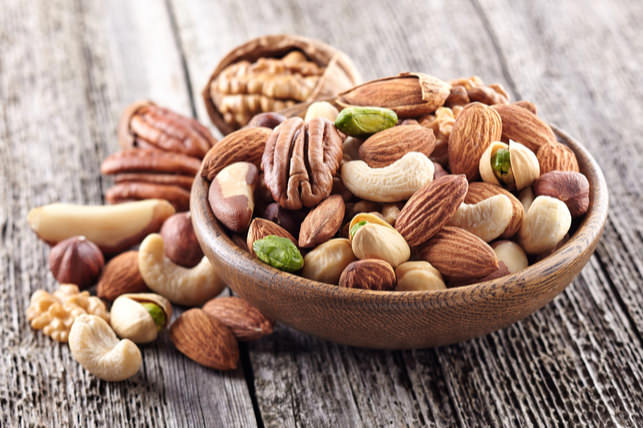When is it Too Soon to Lose a Baby Tooth?
June 14th, 2018
Baby teeth aren’t permanent, but did you know that it’s possible to loose a baby tooth too soon? Here’s everything parents need to know about losing a baby tooth too soon.
It’s Too Soon When…
If your child loses a tooth before the age of 3, then you need to schedule an appointment with your pediatric dentist. Usually, natural tooth loss begins around age 6, and concludes around age 12.
Risks of Losing Teeth Too Soon
If a baby tooth is lost too early, it can cause serious crowding problems for the developing adult teeth, as well as negatively impact the jaw’s muscle and bone development. This can lead to necessary orthodontic treatment later in life to correct a bite and alignment issues.
Common Causes of Tooth Loss
The most common causes of premature tooth loss are traumatic facial injuries and tooth decay. It’s impossible to prevent accidents from happening, but you can prevent tooth decay by ensuring your child follows a healthy brushing and flossing regiment, and enjoys mouth healthy foods and plenty of water.
When is it OK to Lose Baby Teeth?
Baby teeth usually begin to fall out around age 6, and the process usually lasts 6 years until ages 11-12. Baby teeth will naturally become looser, and fall out on their own to make room for adult teeth erupting beneath them. Usually, teeth fall out in the order that they first arrived, but that’s not always the case.
Can You Fix a Tooth Lost Too Early?
Fortunately, there are plenty of options for those that lose teeth too soon! Spacers and space maintainers are placed in the gap of the lost tooth to help prepare for the arrival of the incoming adult tooth. Spacers come in many shapes, sizes and colors, and can make an un-fun situation more enjoyable for your child.
Schedule an Appointment with Our Office
If you think that your child has lost a tooth too soon, then call our office to schedule an evaluation. We’ll provide your child with the necessary treatment that best prepares their mouth for a healthy, adult smile.





